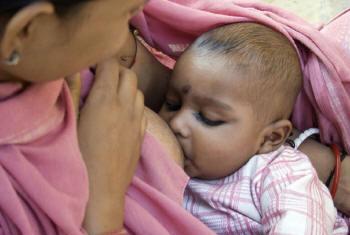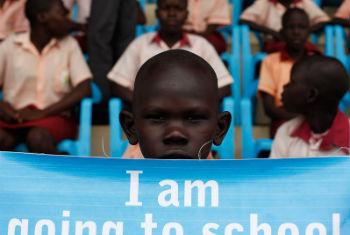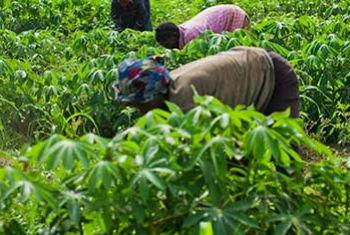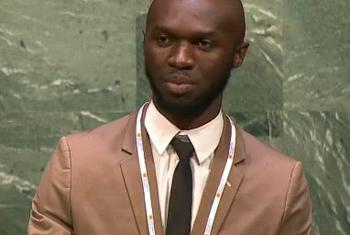UN in South Sudan denies shutting out fleeing populations
Accusations that the UN Mission in South Sudan, UNMISS, refused protection to civilians fleeing fighting in the country have been refuted by the mission.
On Saturday thousands of people sought refuge at the UN compound in Yambio, the capital city of Western Equatoria state, following clashes between government army units and local ethnic groups.










